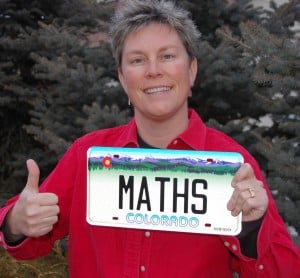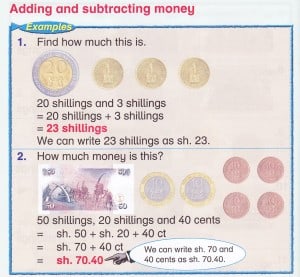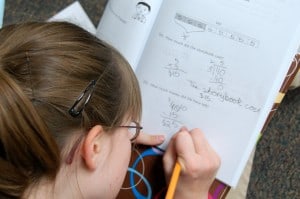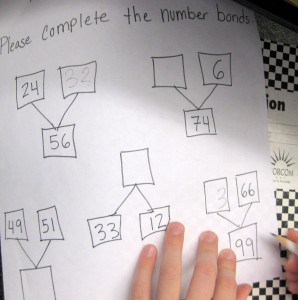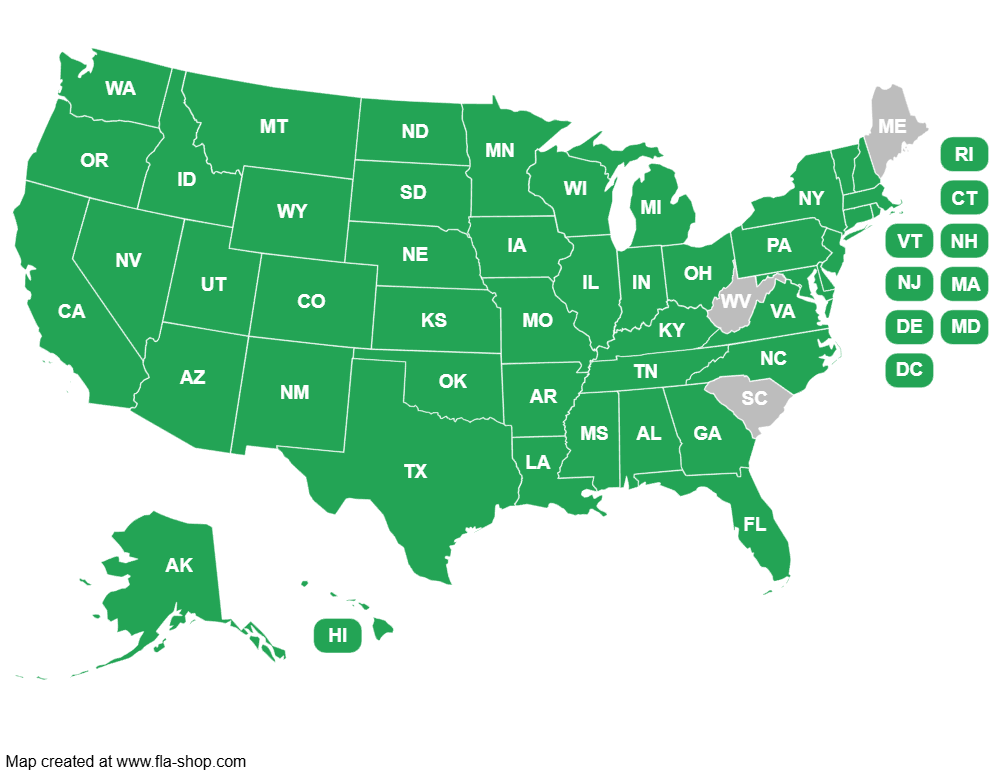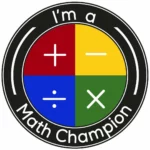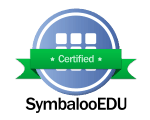As Thanksgiving approaches, I am reminded of the great good fortune I have enjoyed over the past twelve months. I wanted to share this news and extend my sincere thanks to everyone who has played a part in making the year so special.
Professionally, 2011 was my most successful year as a Singapore Math Trainer and Consultant.
Just last week, I completed my final training sessions of the Summer of 2011 (that’s right…summer just ended for me!). I had two lengthy engagements. One was an eye-opening and highly valuable set of sessions devoted to the Common Core Standards on a grade-by-grade basis. The second, serving as an instructional coach, is ongoing; I get to spend time with teachers and students in their classrooms, observing and modeling Singapore Math lessons.
I can’t believe I get paid to do this – Woohoo!
The Numbers
In the past year, I:
- Hosted trainings and seminars in 15 states plus Mexico and Canada.
- Conducted teacher training/professional development for 14 schools and one district-wide Board of Cooperative Educational Services (BOCES).
- Presented 13 Singapore Math workshops for the Bureau of Education & Research (BER).
- Introduced several thousand people to Singapore Math.
Sadly, I had to turn away invitations from more than a dozen schools seeking on-site Singapore Math training in the busy summer months as my schedule was completely booked for six consecutive weeks.
Among the professional highlights in 2011, I:
- Auditioned a new BER program, “Boost Students’ Math Problem-Solving Skills Using Singapore Model Drawing,” to rave reviews, including a rare perfect score from an audience in St. Louis, Missouri. The new Model Drawing program and my flagship workshop, “How to Use Strategies from Singapore Math to Strengthen your Math Instruction,” will be offered in 21 cities in 2012 beginning in January.
- Completely revised and updated my Singapore Math Sourcebook, a 140-page resource guide that I provide to attendees at all my seminars and trainings.
- Was invited to present a Singapore Math workshop for the Middle School Mathematics Institute in Minnesota (prior speakers include Professor Hung-Hsi Wu ).
Volunteer Projects
In 2011, I was able to devote time to some other projects that I believe are very worthy, including:
- Serving on the Board of Directors at Liberty Common Schools. Go Eagles!
- Hosting a Monday math club for more than 50 third and fourth grade students.
- Advising Poudre High School International Baccalaureate students for their Creativity-Action-Service project. Go Impalas!
- Reviewing books and articles for National Council of Teachers of Mathematics (NCTM).
- Volunteering at the NCSM and NCTM 2011 Annual Meetings in Indianapolis.
Personally, 2011 will be difficult to beat. After years of planning, we spent five weeks in Kenya, where we enjoyed a fabulous safari and spent two-and-a-half weeks with my mother and stepfather in Diani Beach. My family visited a Maasai school and I picked up some elementary math texts. I’ll spare readers other personal news (but trust me, it was amazing). Mzuri sana!
Looking ahead to 2012, I’m excited to:
- Present a session entitled, “Technology + Singapore Strategies = Number Sense,” with Lauri Susi of Conceptua Math at the 2012 NCTM Annual Meeting and Exposition in Philadelphia.
- Attend the Twelfth International Congress on Mathematical Education (ICME-12) in South Korea in July 2012 (hopefully!).
- Introduce Singapore Math to those attending my BER workshops.
- Continue to work with visionary schools and their administrators and teachers to bring the world’s leading primary math curriculum to eager students and their parents.
If I may be of service at any time, please don’t hesitate to get in touch with me.
Once again, my sincerest thanks to my clients, colleagues and partners for a wonderful year.
As always…Passionate about Singapore Math.
-Cassy
